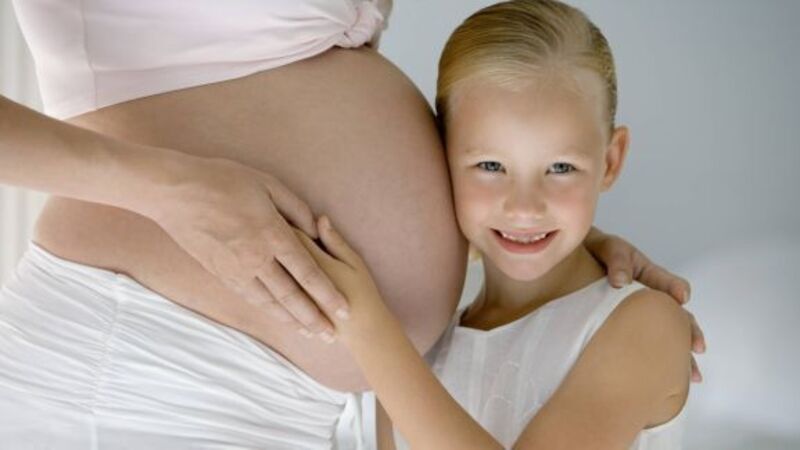Marriage Equality Referendum is about respect for different family units

MY abiding memory of my 16- year-old pregnant self is a very simple one. Every time a neighbour came to our front door in north Dublin, my mother pushed me out the back door to wait in the garden until the neighbour had left. When my baby girl was born and placed into adoption, the instructions at home were equally simple and to the point: “We will never discuss this again.”
I have much to be grateful to my parents for, and high on that list is their decision not to send me away to an institution, as was the fate of so many unmarried mothers in Ireland. But the feelings of shame, the knowledge of being one of society’s outcasts, knowing that through gaps in closed curtains I was being pointed out as the girl who had a fatherless baby, those feelings stayed with me for a very long time.
















